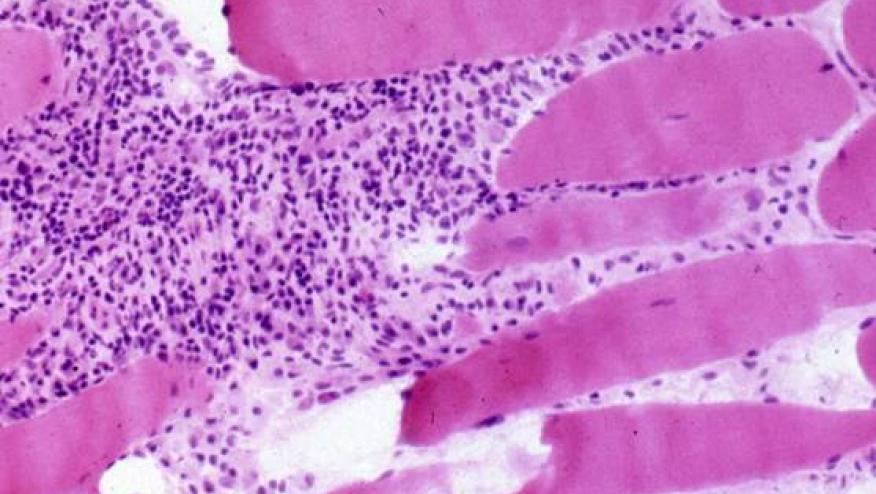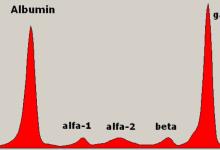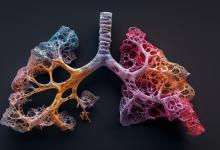Uncertainty with immunosuppressive for idiopathic inflammatory myopathies Save

A current Cochrane review suggests a continued unmet need regarding the status and utility of targeted immunosuppressant and immunomodulatory treatments for the idiopathic inflammatory myopathies (IIM). Overall there has been little progress since the previous Cochrane review (2012) that found little or no evidence to guide treatment.
The potential benefits and harms of targeted immunosuppressant and immunomodulatory treatments for the treatment of idiopathic inflammatory myopathies was assessed. IMM included dermatomyositis (DM), juvenile dermatomyositis (JDM) and amyopathic dermatomyositis, immune‐mediated necrotising myopathy (IMNM), anti‐synthetase syndrome (ASS), overlap‐myositis (OM), polymyositis (PM) and cancer‐related myositis. Efficacy primary outcomes were improvement of function or disability and improvement of muscle strength.
This study included 16 studies (830 participants). All studies were at risk of bias. Selective reporting was the most frequent reason for high risk of bias (37%).
Overall, none of the treatments showed moderate or high‐certainty evidence of response compared to placebo for any of the primary or secondary outcomes.
Clinical trials of rituximab, abatacept and complement inhibitor failed to prove robust evidence of efficacy as measured by function, disability, muscle strength (Manual Muscle Test‐8 [MMT8]), Myositis Response Criteria Total Improvement Score (TIS), or IIM activity, as measured by the International Myositis Assessment and Clinical Studies Group (IMACS) definitions of improvement (DOI). Most of these studies did not report or measure skin activity with the Change in Cutaneous Dermatomyositis Disease Area and Severity Index (CDASI).
Large studies are needed to better guide treatment of the different types of IIM. As IIM is rare, many cooperating, international centres are needed to support such research.










If you are a health practitioner, you may Login/Register to comment.
Due to the nature of these comment forums, only health practitioners are allowed to comment at this time.